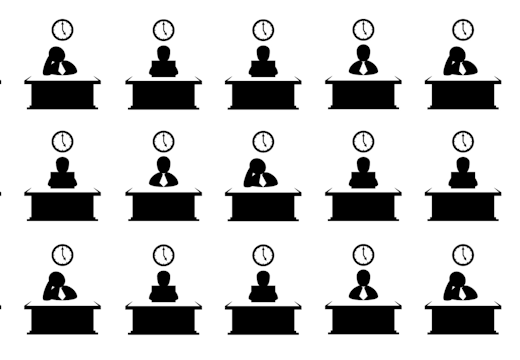workforce
The truth about workplace productivity
As the global productivity slump continues, understanding the barriers and obstacles to focused work can tap opportunities for improving employee performance
London conference explores The Four Futures of Work
As technological change threatens to reorder labour markets around the world, four future-of-work scenarios for 2035 from the RSA's Matthew Taylor provided a curtain-raiser to the WORKTECH London conference 2019
Utopia or dystopia? How work shapes health in our cities
As our polluted urban centres struggle to be great places to live and work, public health policy is now turning its attention to what happens in the workplace
Tracing the Arc of mobile furniture to bring back the human touch
In the search for workspace efficiency, have we gone too far in removing personal control and a sense of belonging? Flexible new furniture developed by Task Systems seeks to redress the balance
To appreciate its power, should we treat workspace design as a drug?
It is well known that some workers use drugs to enhance performance, but could workspace design itself be viewed as a pharmacological intervention to change behaviour? New research is heading that way
Why falling sick days in the UK workplace are not a cause for celebration
British workers are taking less time off sick than ever before. But that doesn’t mean its offices are healthier. Could presenteeism be playing a part?
Introverts exposed: why outgoing types thrive in open plan
New scientific research supports the idea that extroverts fare much better in exposed work environments than those who crave peace and quiet to get work done
Abolition of want? How work has become precarious in post-war Britain
On the 75th anniversary of the Beveridge social welfare report, employee relations experts from the London School of Economics reflect on how the nature of work has evolved in post-war Britain












